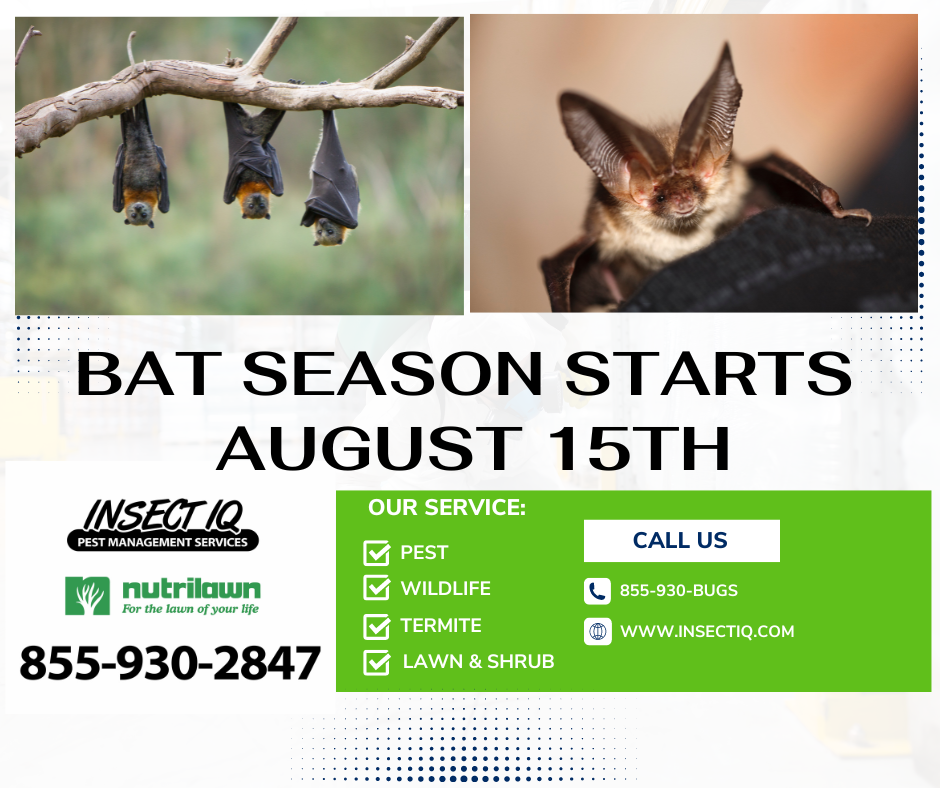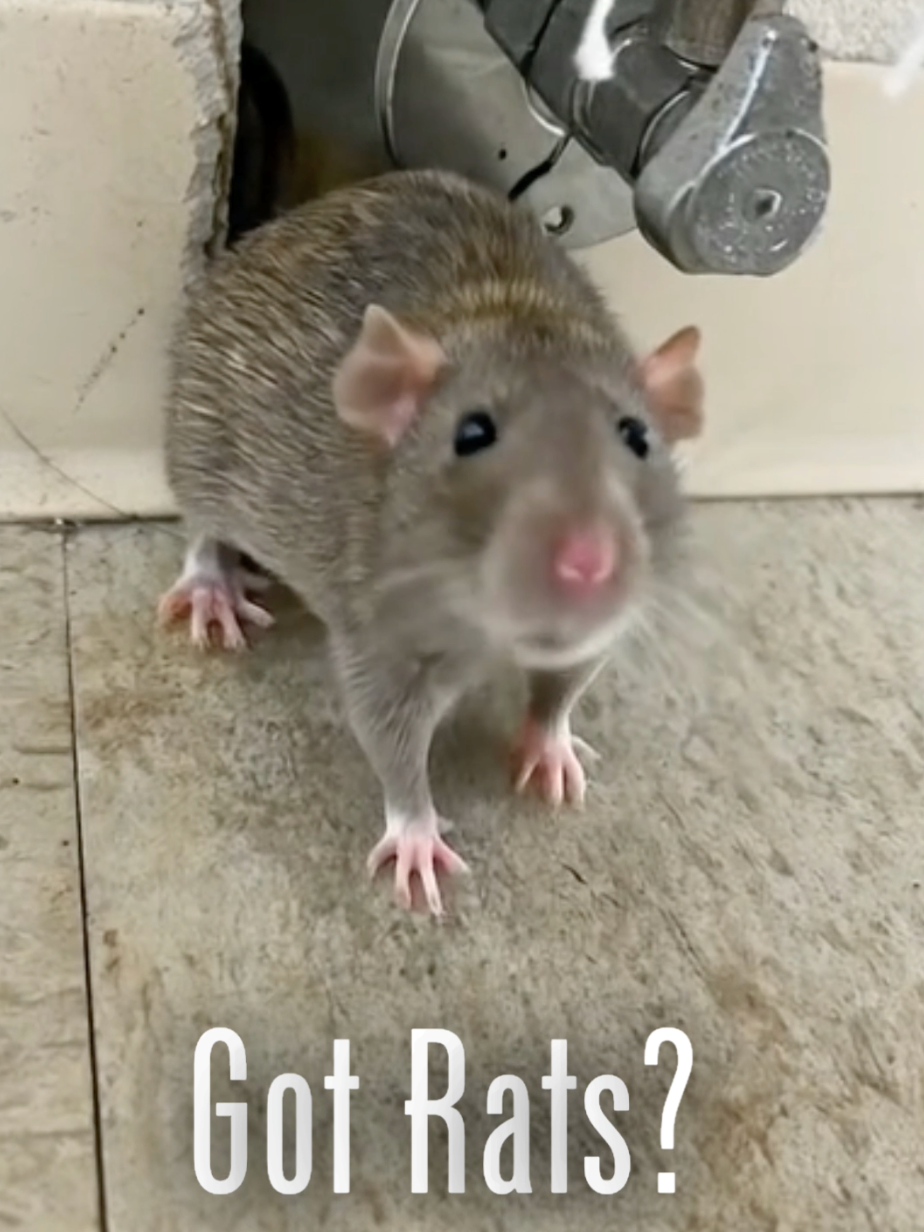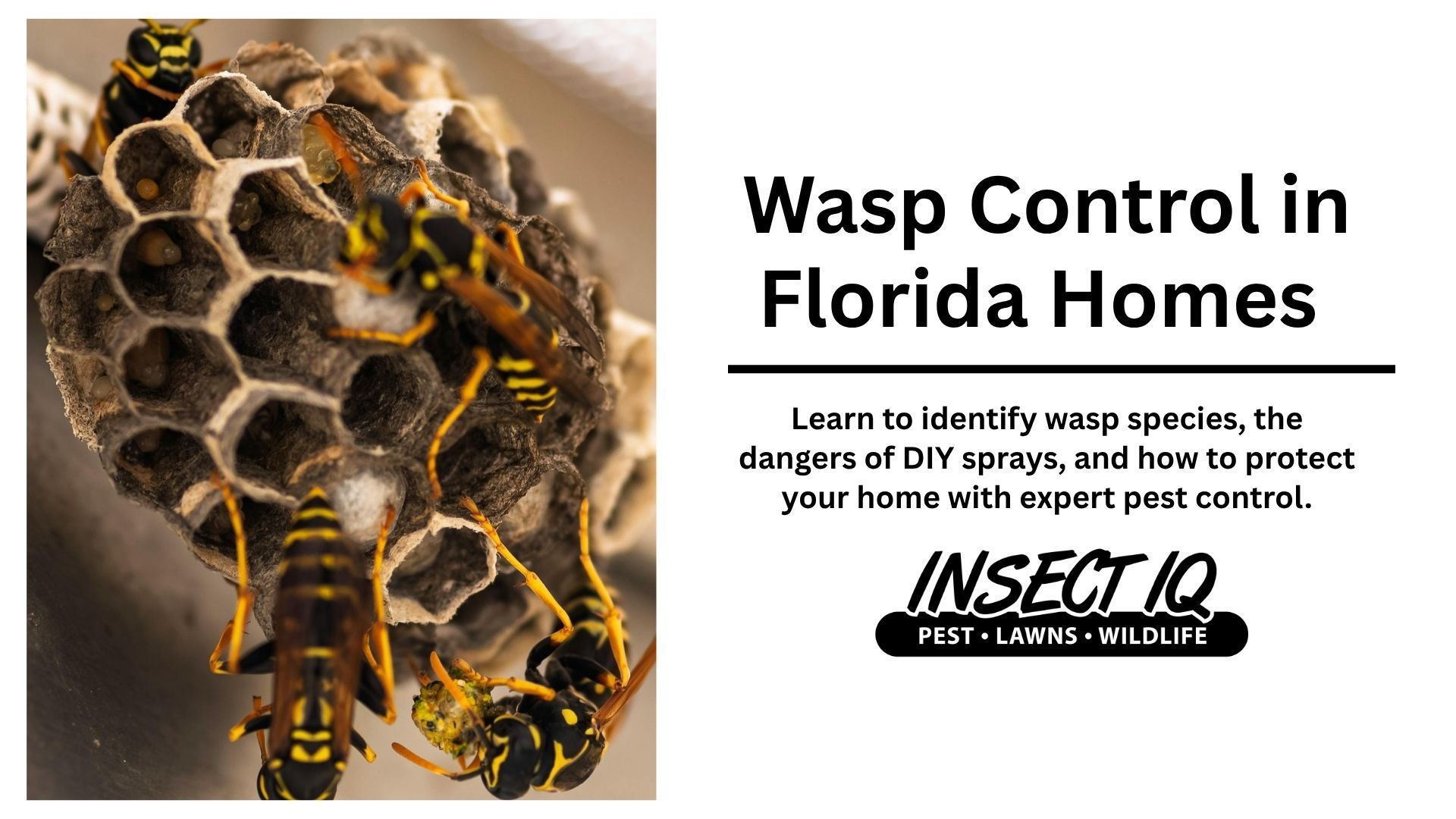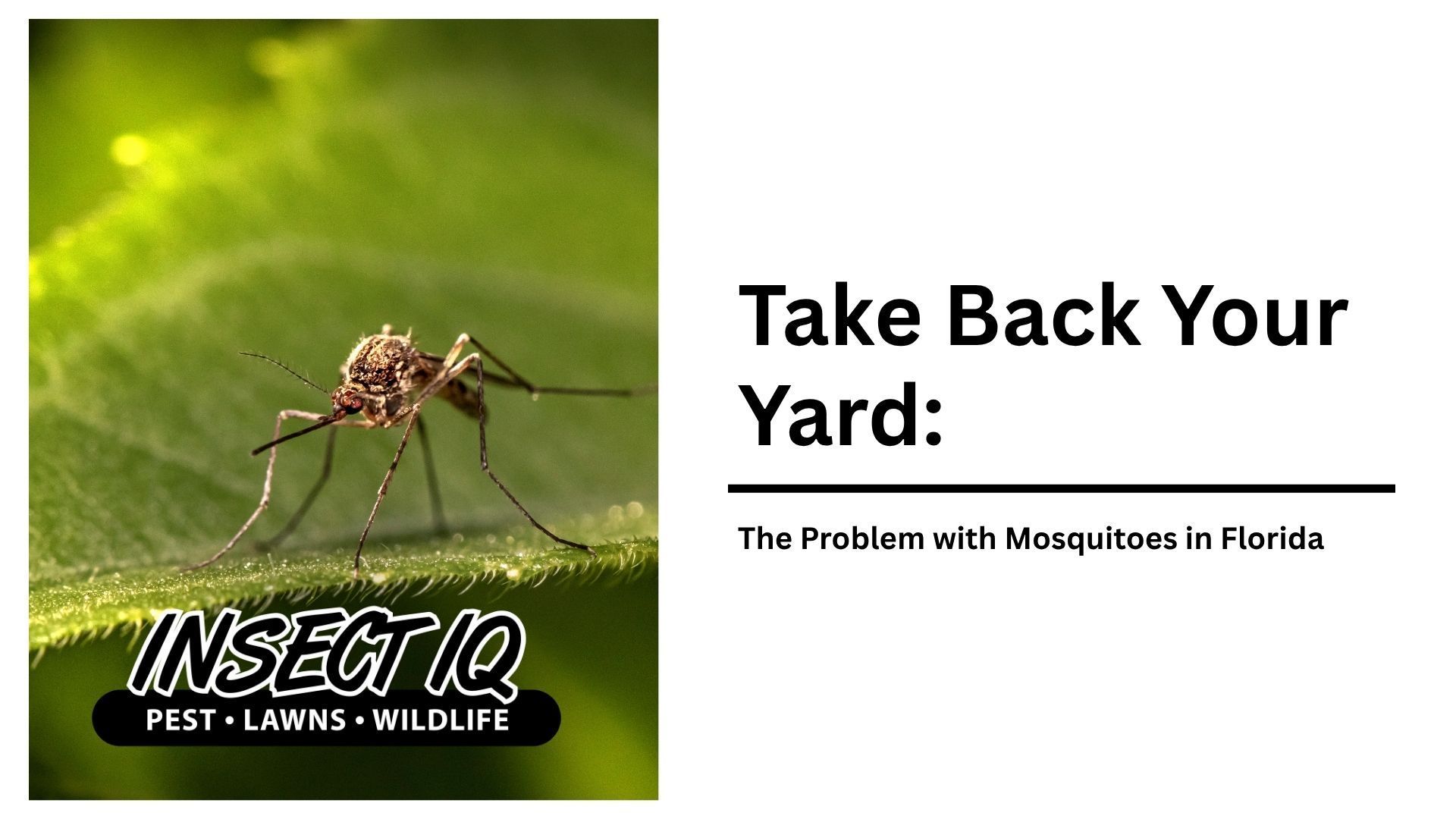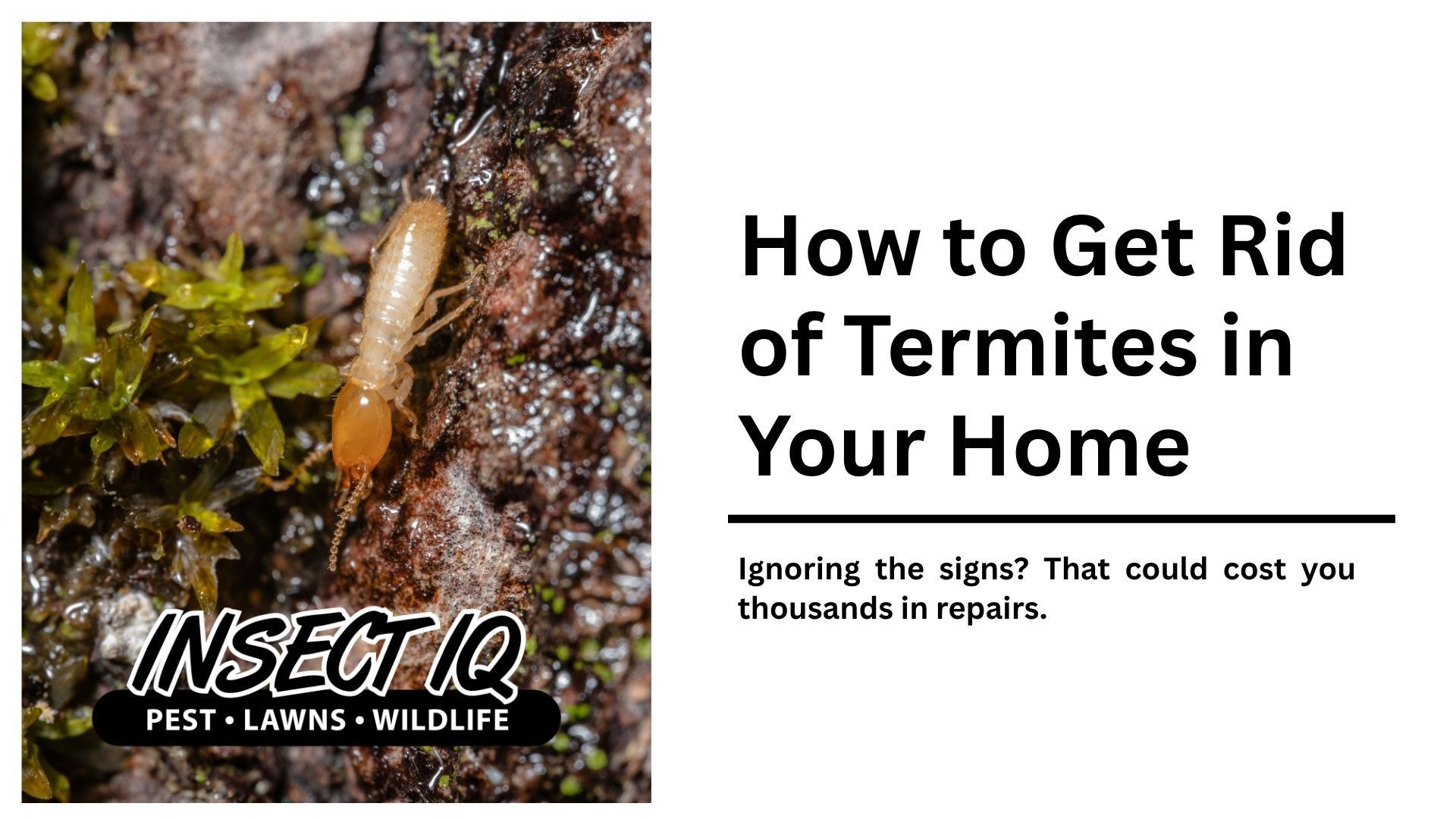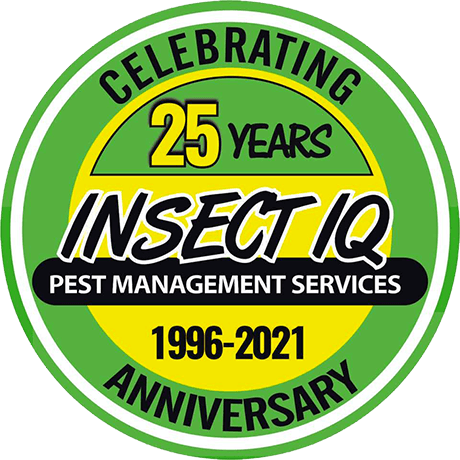Expert Insights: Managing the Annual Lubber Grasshopper Invasion
Expert Insights: Managing the Annual Lubber Grasshopper Invasion from Insect IQ
As the trusted authority in pest management, Insect IQ is here to address the annual invasion of Lubber Grasshoppers (Romalea) and provide solutions for homeowners facing this challenge.
The Eastern Lubber Grasshopper, although harmless to humans, poses a significant threat to gardens and crops due to its destructive nature. These grasshoppers often gather in substantial numbers, causing damage to citrus, vegetable crops, and ornamental plants.
If you've noticed an increase in Eastern Lubber Grasshoppers in your yard recently, you're not alone. These persistent pests can quickly overrun outdoor spaces, including gardens and even climbing onto houses. While insecticides can be used for treatment, their resistance and size make eradication a daunting task. However, our team at Insect IQ has developed effective treatment combinations tailored to combat their presence.
Targeting the nymph stage of these grasshoppers is crucial for successful treatment. For those dealing with a manageable number of grasshoppers, manual removal is recommended. Despite their intimidating appearance, they pose no threat to humans and can be safely dealt with using simple techniques such as stomping or collecting them in a bucket.
Insecticides, although an option, should be used cautiously due to their toxicity to fish and potential environmental impact. Additionally, treating Lubber Grasshoppers while in their nymph stage is most effective for long-term control.
While the presence of these nuisance pests may seem overwhelming, rest assured that their population will eventually decrease. We understand the challenges homeowners face when dealing with these invaders and are here to provide expert guidance and support.
Contact Insect IQ today for a thorough pest evaluation and tailored treatment options. Let us help you reclaim your outdoor space from the grips of the Lubber Grasshopper invasion.
Jonathan Simkins
Owner/Entomologist
Pest Management Stinging Insects
Animal Services | Termite Protection
Honeybee Removal & Relocation Services
Lawn, Shrub, Fertilization, Weed & Insect Control
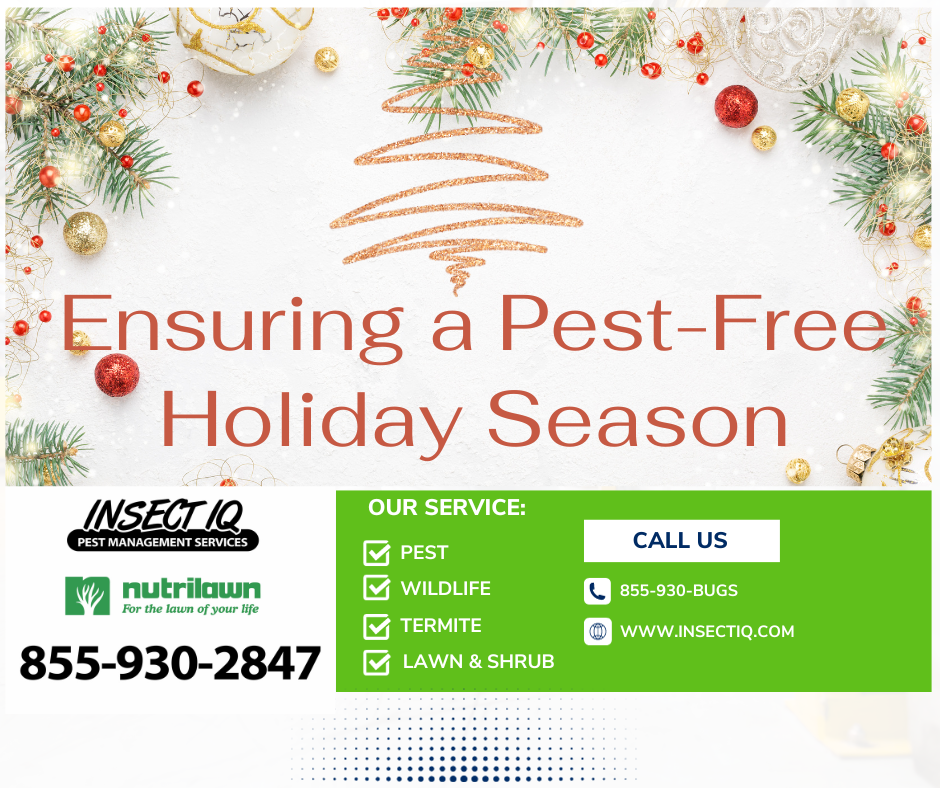
Insects and Rodents in Your Christmas Decorations Ensuring a Pest-Free Holiday Season with Insect IQ
